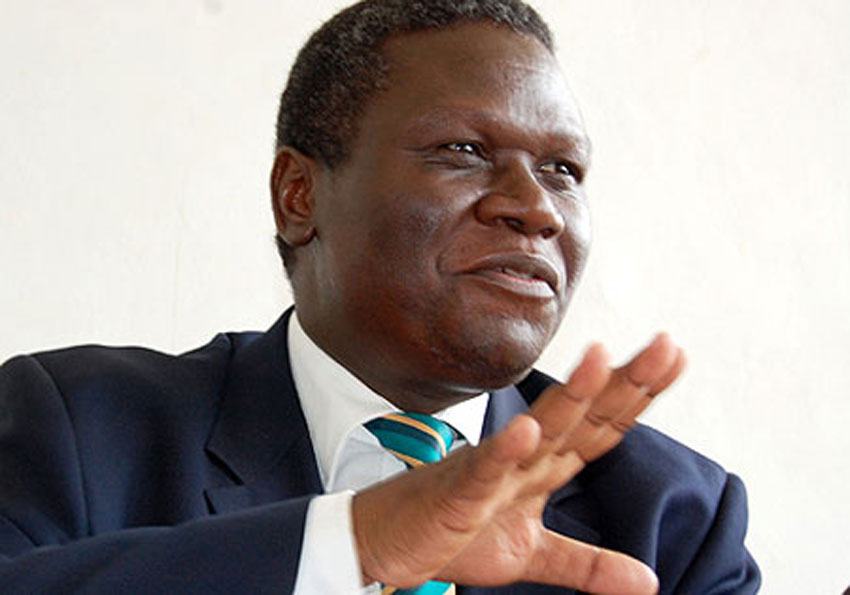The rapid collapse of the Afghanistan government has been attributed to State fragility. And the State fragility has been attributed to many factors, key among them is corruption.
Corruption has many faces. You may seek treatment in a public health facility and be asked to pay double the official fee. You may not complain because this is but a fraction of what a private health centre charges. The official amount is deposited in the public hospital account. The balance is pocketed by the employees.
The hospital staff may tell you that if you don’t pay up, your surgery, however minor, may not go well. And you may not get enough pain killers, disinfectants and antibiotics. The staff are already paid by the government but they expect to be paid by the public who already pay direct and indirect taxes. These kind of employees have simply privatized the public service, turning it into their private business.
Even the law is administered depending on one’s ability to pay. Those who travel in overloaded, poorly maintained lorries with a myriad of mechanical defects can regale you with tales of “highway robbery” by those supposed to enforce the law. Greedy truck owners will overload their vehicles with passengers and luggage. The load will be way above the legal limit. The police will definitely stop the truck.
Their job is to enforce the law, but more often than not they will propose that in exchange for a consideration, the offence will be ignored. They turn the law into their private whim and exempt anybody with the ability to pay from the application of the law. Unfortunately, there’s always a boomerang effect to such blatant corruption. The poorly maintained and overloaded truck will break down at some desolate spot on the road forcing the owner to spend a small fortune on tow and repair charges. Everybody suffers. The passengers face delays and the owners of cargo lose the confidence of customers!
Many jobseekers tell me that they have to pay their prospective employers before they are hired. “I have been told that I passed the interview and I’m supposed to receive a letter offering me the job but I have to pay some money otherwise the job will be offered to another person who is willing to pay,” one job applicant lamented to me. In some cases even after paying the recruiters one still does not get the job. When one pays a bribe to get a job the cycle of corruption continues. He will also demand a bribe before he employs anyone!
I once had a chat about Mailo land with one of the prominent people in the government of the Kingdom of Buganda. “Mailo land was the beginning of “enjawulo” (illicit profit from an otherwise legal transaction)”, he told me. The deal negotiated between the three Regents representing the infant Kabaka Chwa and Sir Harry Johnstone would have been ‘Dead On Arrival’ if some members of the Great Lukiiko had not seen an opportunity to benefit in exchange for their stamp of approval.
But the time when Uganda got immersed in corruption must surely be the days of Idi Amin. The State, like a human being, has a character and a soul. When decadence consumes the soul of a State, what would ordinarily be unacceptable becomes acceptable. The so called Economic War, waged in the wake of the expulsion of Asians created the so called “Mafutamingi” class of instant millionaires. Demagogues aligned to the fascist Amin regime weaponized the people against the Asians and fed citizens on the lie that they would all become rich since the Asians had been dispossessed and expelled.
The shadow of those days still looms large. We may have more corruption than we have ever had but the roots of corruption can be traced. Many employees no longer work for a salary. The salary is but a retainer to keep them in an office which they milk for private profit. They don’t see themselves as employees. They own the office.
The lesson we need to pick from all this is that corruption can turn a country into a pack of cards. A captured State need no external enemies. The seeds of it’s destruction are within.
Do you have a story in your community or an opinion to share with us: Email us at editorial@watchdoguganda.com













